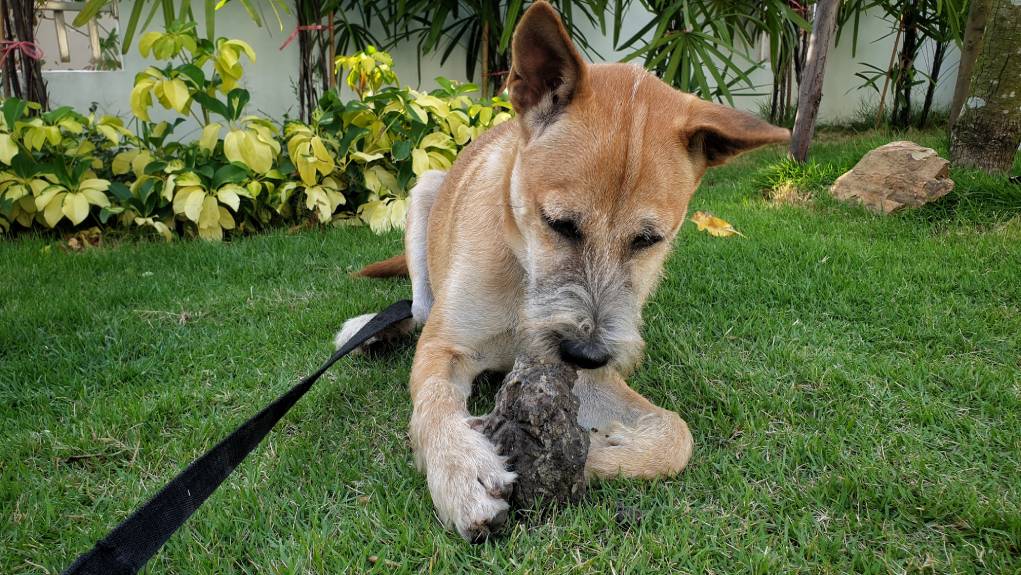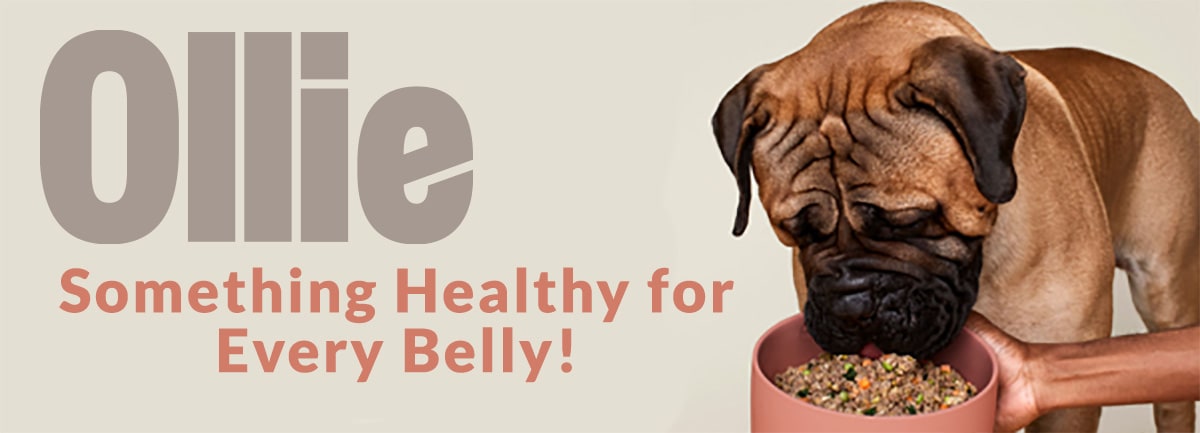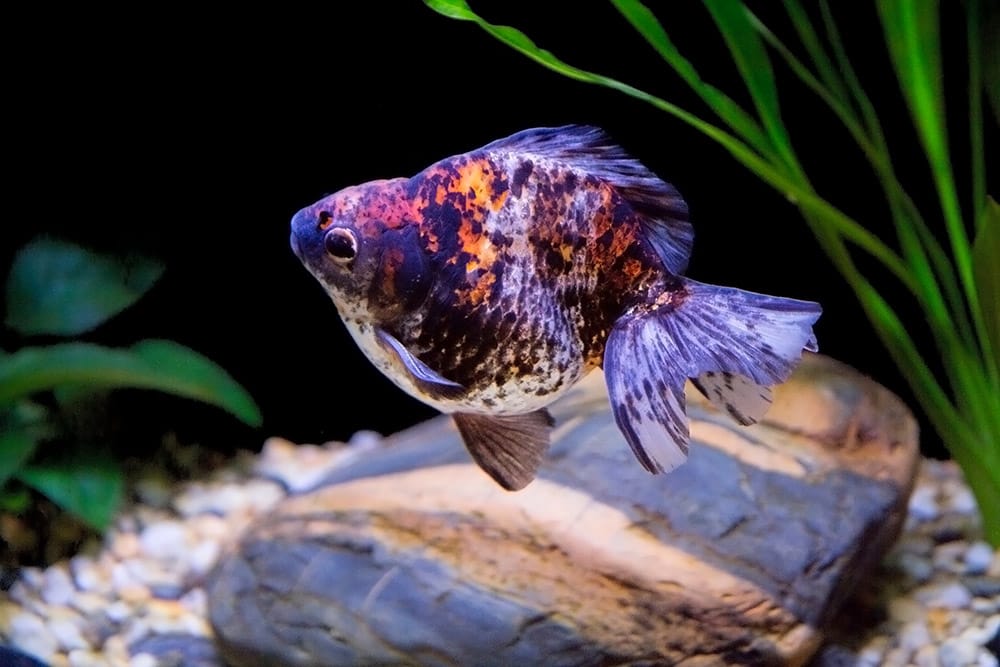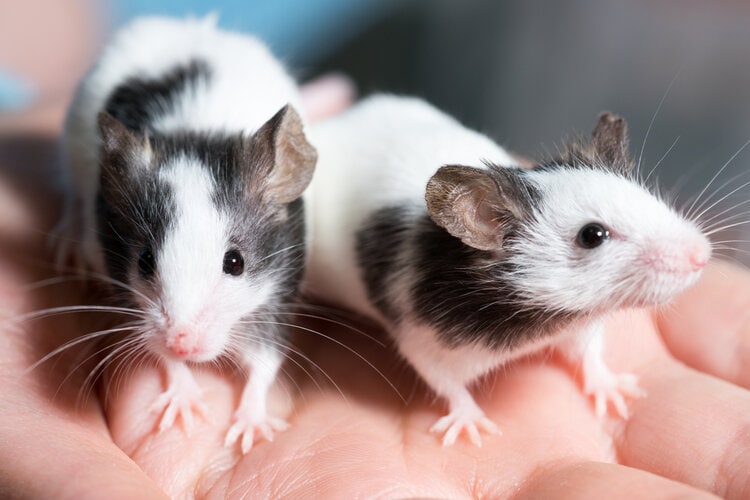VET APPROVED

The information is current and up-to-date in accordance with the latest veterinarian research.
Learn more »Click to Skip Ahead
Some dogs are known for gleefully consuming items that aren’t food, including underwear, toys, socks, hair ties, furniture, and other inedible objects. However, one of the most common items that some dogs may try to eat is rocks. It’s odd for us to see because it seems so random to see your dog walking along, enjoying the day, and then suddenly grabbing a mouthful of the neighbor’s garden gravel.
Should you be concerned about your dog eating rocks? Why does your dog eat rocks, and how can you put a stop to it?

Is It Dangerous for Dogs to Eat Rocks?
The factors that can influence whether a rock is dangerous to your dog include the size and age of your dog, the presence of any underlying illness, the size and shape of the rock, the amount of ingested rocks, and the composition of the rock or dangerous chemicals that may be on it, like pesticides. There’s certainly no benefit to letting your dog eat rocks, and it carries a significant risk of causing gastrointestinal blockage, constipation, rectal irritation, and injuries to the digestive tract if the rock is sharp.
Eating rocks, as well as other inedible objects and materials, is referred to as pica. This can be caused by a wide variety of medical and behavioral conditions, some of which we will discuss next. Many of the reasons on the list below may lead to pica and your dog eating rocks, but there isn’t always a clear medical or behavioral explanation for it. Sometimes, your dog may just develop unexplained pica or may develop a habit of eating rocks.
Keep reading to understand why dogs eat rocks.
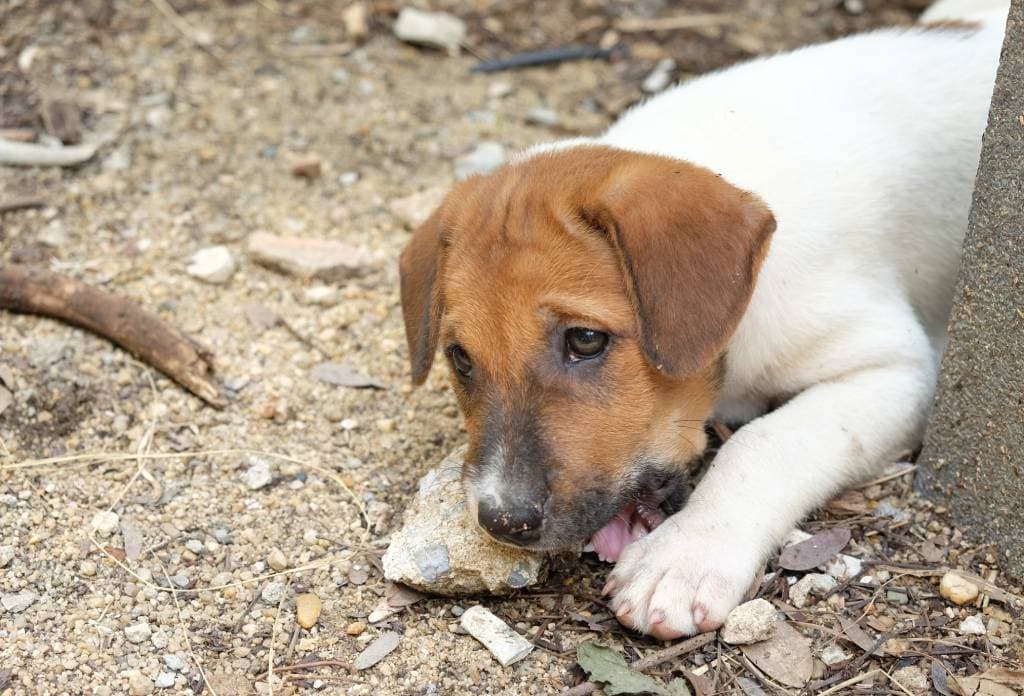

The 5 Medical Reasons Why Dogs Eat Rocks
1. Malnutrition
Did you know a dog doesn’t have to be underweight to be malnourished? Malnourishment refers to something in your dog’s nutritional needs that is not being met. The type and quality of food you’re giving your dog should be evaluated routinely to ensure it meets your dog’s needs. Pica is often caused by nutritional deficiencies, which, besides a poor diet, may be caused by an array of underlying health conditions.
Malnourishment in dogs is generally due to starvation, like in stray and abandoned dogs, or due to being fed a nutritionally deficient diet. This may also occur with a sudden transition to a homemade diet without the input of a veterinary nutritionist, or in case of chronic digestive problems such as inflammatory bowel disease or cancer that lead to loss of nutrients despite a complete and balanced diet.
If you want to change your dog’s diet, consult your vet or a veterinary nutritionist.
2. Gastrointestinal Parasites
Some gastrointestinal parasites, when present in large numbers, particularly in young puppies, may reduce nutrient absorption from your dog’s gastrointestinal tract. Dogs with parasites who are eating rocks are often experiencing signs resembling malnutrition, and may be skinnier than normal or suffer from intermittent vomiting and diarrhea. Some may also eat their own or other animals’ feces, which is referred to as coprophagia.
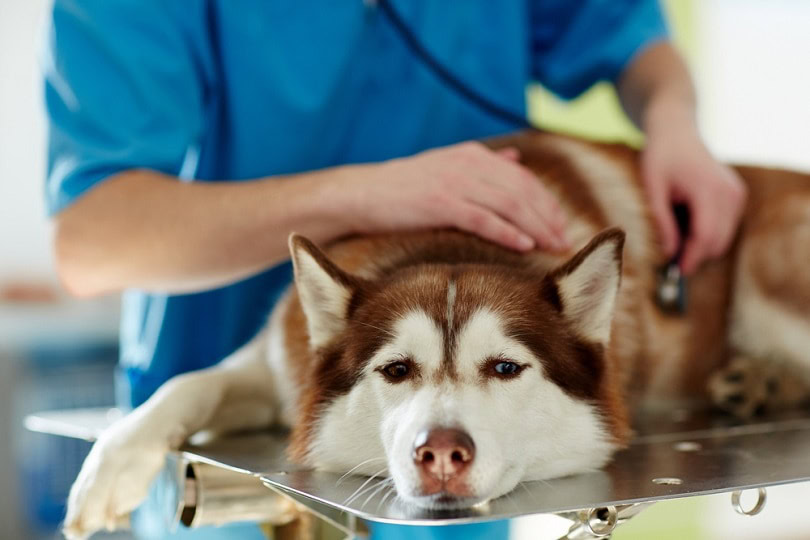
3. Conditions Causing Excessive Hunger
Diabetes is a serious but treatable medical condition that can cause your dog to eat rocks due to excessive hunger. Typically, there are other signs associated with diabetes, like excessive water consumption and excessive urination, as well as weight loss, lethargy, cloudy eyes, and others. If you think your dog may have diabetes, a vet visit is in order.
Other causes of excessive hunger in dogs may be due to certain types of cancer, specific medications, such as steroids and antiepileptics, leading to dogs ingesting inedible items.
4. Anemia
Anemia may have many causes, while iron deficiency anemia is often secondary to chronic blood loss. Acute blood loss can occur after a major surgery, or chronic, due to a slowly bleeding gastrointestinal ulcer or a tumor. Iron is a vital mineral because it allows the body to transport oxygen in the red blood cells. If your dog lacks iron, they may begin to crave mineral-based objects, like rocks and dirt, to correct the deficiency.
If you suspect that your dog is suffering from any of the conditions on the list above or below, you should consult a veterinarian as soon as possible.
5. Other Medical Conditions Leading To Pica
Besides the conditions listed above that lead to pica and dogs eating inedible items such as rocks, there are still a lot of other health issues that may be responsible. This could be due to immune-mediated conditions, liver or pancreatic disease, various types of cancer, neurological disorders, and others. No matter what the cause is, pica should always warrant a veterinary examination, as any ingested item, rock or something else, can cause serious health complications.

The 4 Behavioral Reasons Why Dogs Eat Rocks:
6. Anxiety and Stress
Change, fear, and negative interactions can all lead to anxiety and stress in your dog. If your dog is experiencing anxiety and stress, they may eat inappropriate items, like rocks, to self-soothe. If your dog seems anxious and begins eating rocks, try to determine the cause.
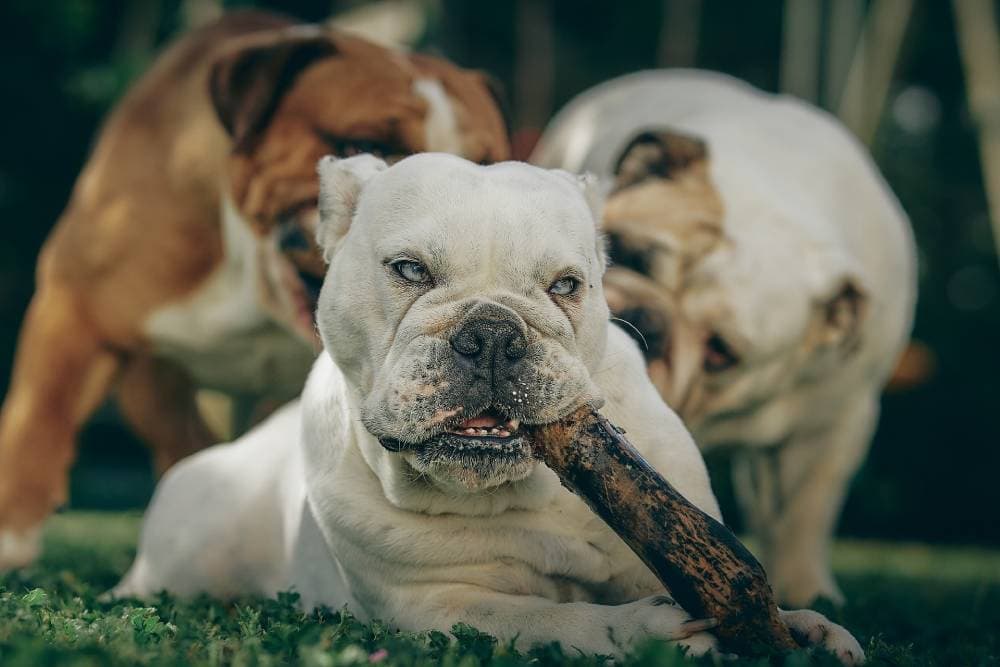
7. Boredom
Bored dogs become destructive. Keeping your dog active and entertained is just part of dog ownership. Eating rocks due to boredom is more common in puppies and young dogs, but any dog can do it. Provide your dog with novel toys, games, and daily exercise. You may even need to begin participating in dog sports such as agility in high-energy breeds to prevent boredom in your dog.

8. Teething
Just like human babies, puppies are prone to putting anything and everything in their mouths. Sometimes, they do this because they’re exploring the world around them. However, a puppy eating rocks can also indicate they are uncomfortable due to teething. If your dog seems excessively uncomfortable, you’ll need to talk to your vet. Otherwise, teething is a normal part of a puppy’s growth, and providing appropriate chews and safe toys can help during the process.
9. Attention Seeking
Dogs are exceptionally intelligent. Whether your dog just wants you to spend all of your time with them or you’re truly neglecting time with your dog, dogs may use eating inappropriate things, including rocks, as a form of attention-seeking. If your dog knows that you suddenly begin to pay attention to them when they eat rocks, they may begin doing it in an attempt to garner your attention.
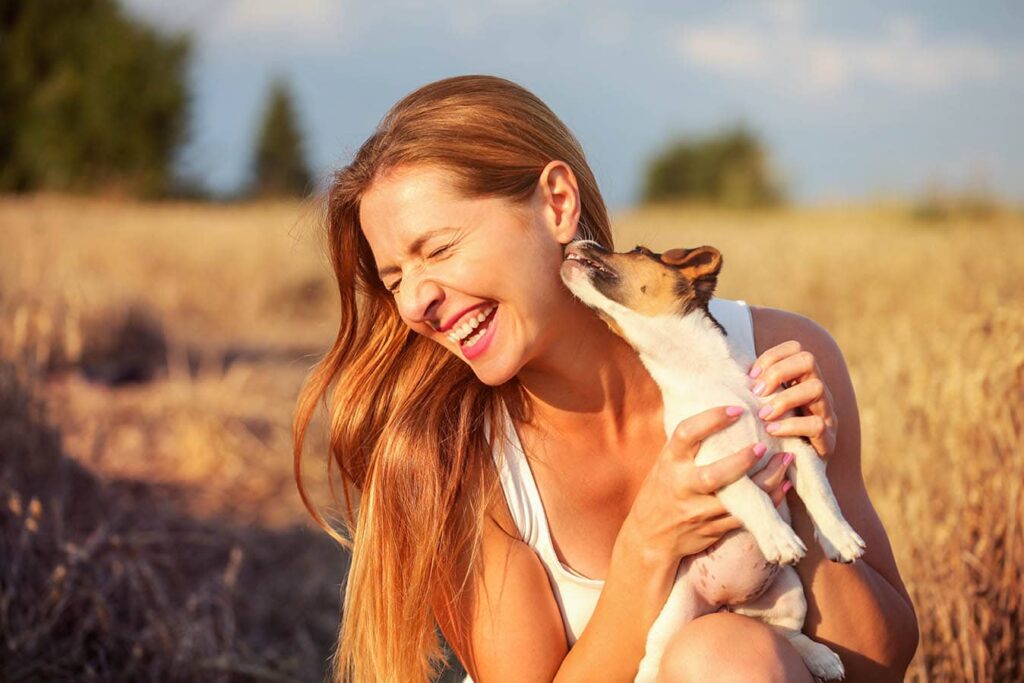

How to Stop Dogs From Eating Rocks
Make Alterations
One of the easiest ways to keep your dog from eating rocks is to prevent their access to them. You can lead them away from rocky paths during walks and only walk them on concrete or dirt trails, and remove landscaping gravel in your yard. You can replace the gravel with mulch or something else your dog finds less appealing.
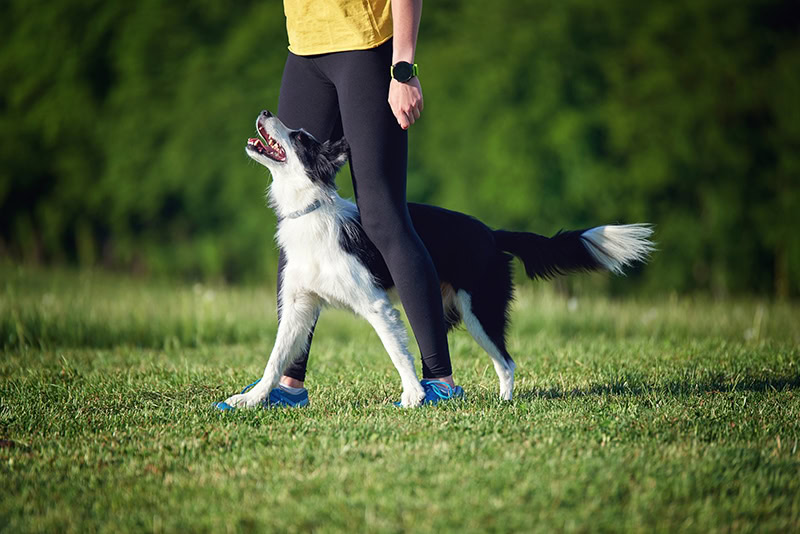
Talk to Your Vet
A vet visit is needed if your dog has suddenly become a rock eater. Your vet can help you rule out medical causes and determine which behavioral causes may be causing the habit. There are some serious problems that can lead to rock eating, so this is not something that should be skipped when working to get your dog to stop eating rocks.
Behavior Modification
If your dog’s rock eating is psychological or behavioral, behavior modification training can be an effective way to redirect and eventually stop the behavior. Positive reinforcement and balanced training can work well to stop this behavior, depending on your dog and your training skills. If you’re unsure how to train your dog to stop eating rocks, consult a veterinary behaviorist or dog trainer.
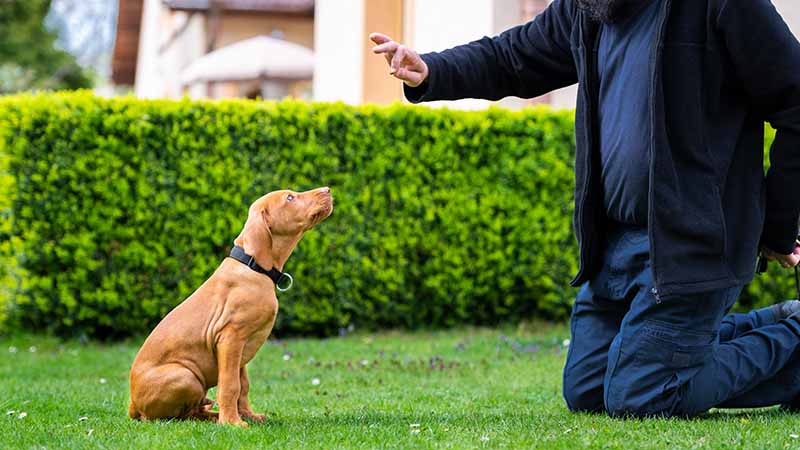
Muzzle Training
Muzzles get a bad rap due to their appearance. However, a well-fitting muzzle can be used to prevent dogs from eating rocks. Muzzle training is a slow process, and choosing a muzzle that fits your dog properly is essential. A muzzle should allow your dog room to pant, drink water, and, for training purposes, accept treats.
It should not be left on your dog while unattended, but if your dog eats rocks on your daily walk, a muzzle can serve as a barrier to keep them from eating them while you work on other forms of behavior modification or medical treatment.
Pay Attention
If your dog keeps eating rocks every time you take them outside, you should accompany them and redirect the behavior. The more attention you pay to the problem, the more knowledge you’ll acquire about why your dog is displaying the behavior.
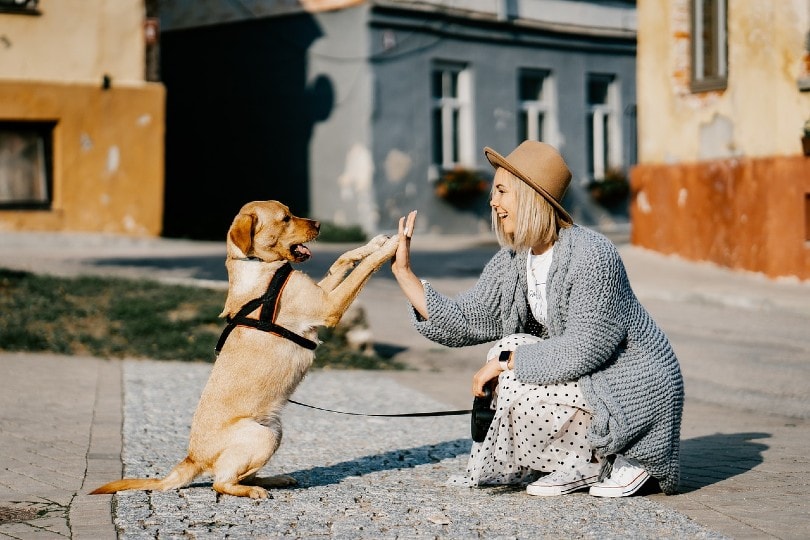

In Conclusion
Dogs eating rocks can indicate serious underlying health problems, so it’s important to talk to your vet and ensure your dog is healthy if they are eating rocks. Medical, psychological, and behavioral conditions can all lead to rock-eating, so keeping track of your dog’s behavior and consulting with a vet can help you determine the cause. Sometimes, there isn’t an obvious cause, and you’ll have to work with your dog to stop the behavior. Some dogs will always be rock eaters, so finding other ways to put an end to the behavior, like modifications and muzzle training, will help you keep your dog protected from their own bad decisions.
See also:
Featured Image Credit: RJ22, Shutterstock
